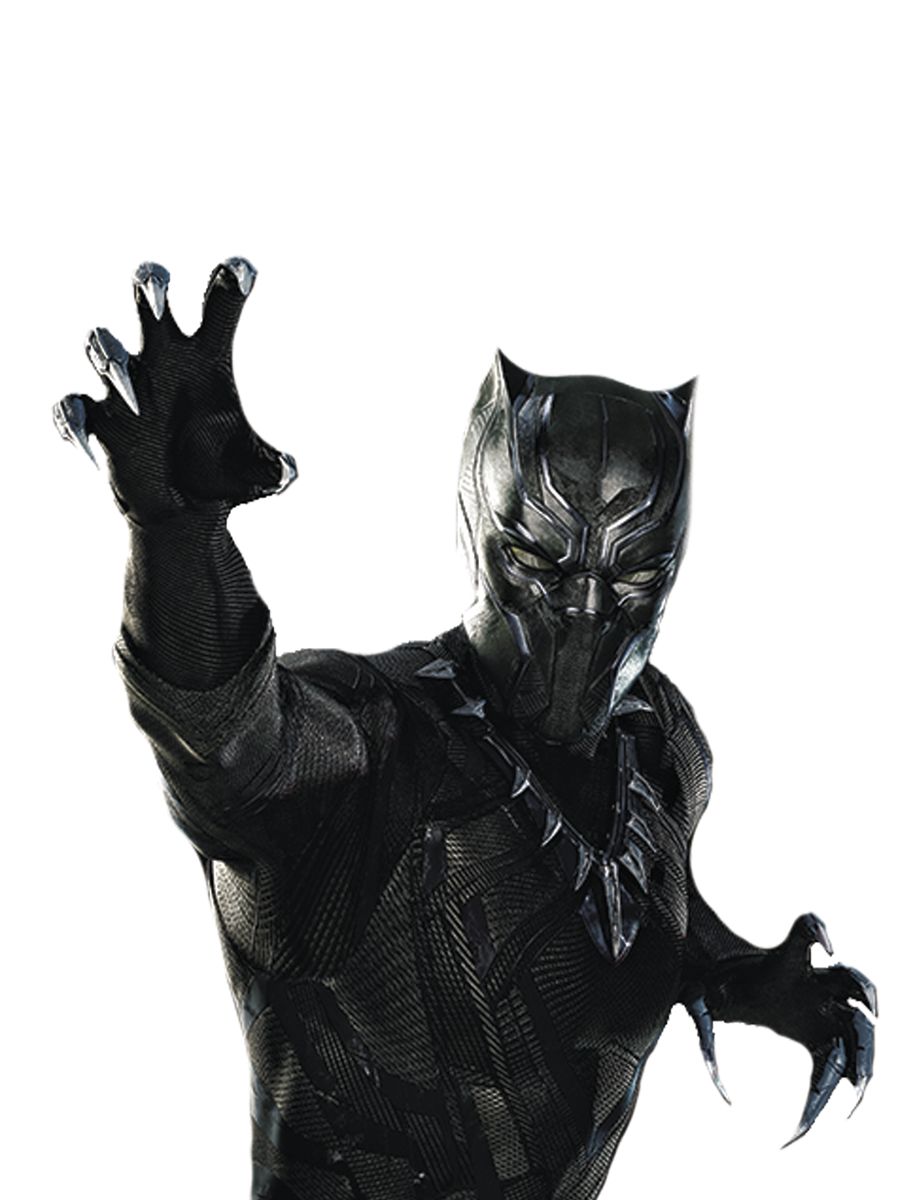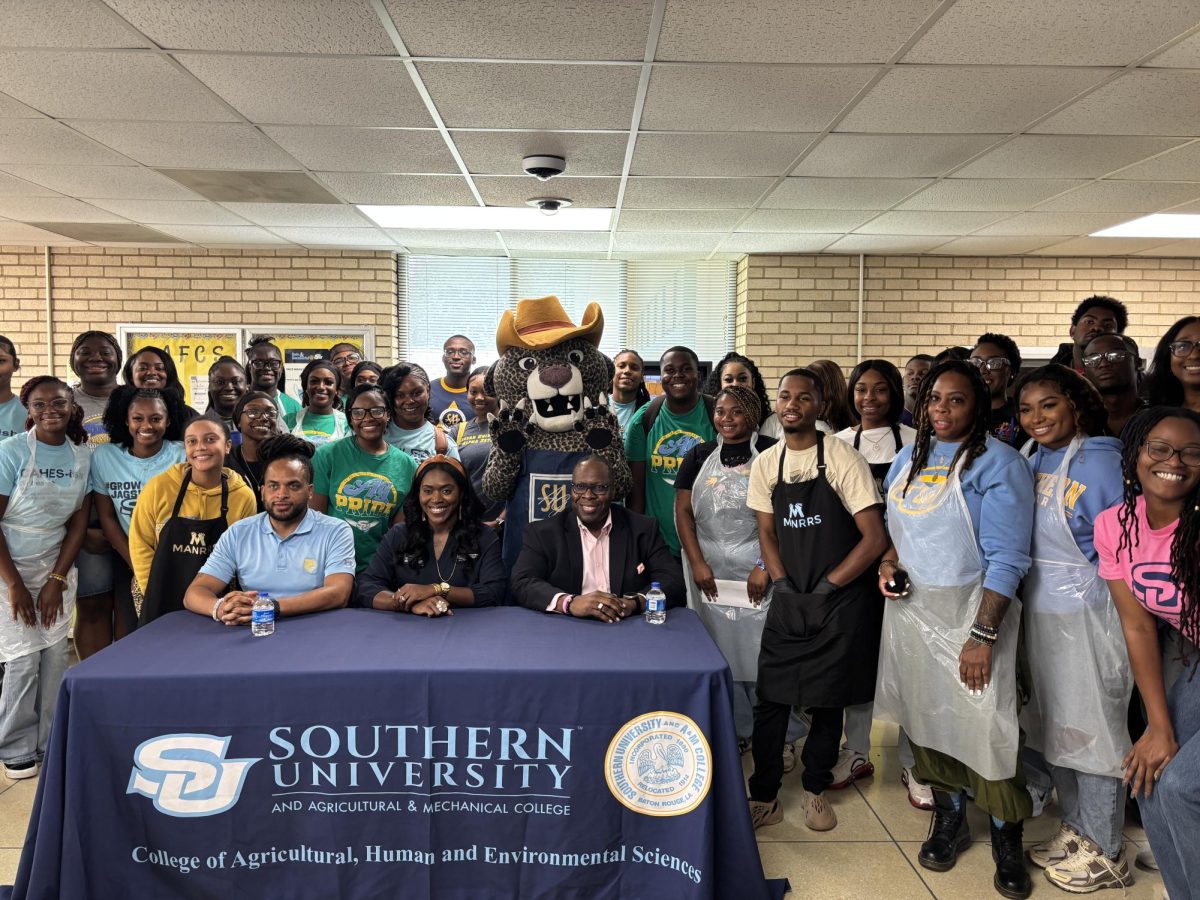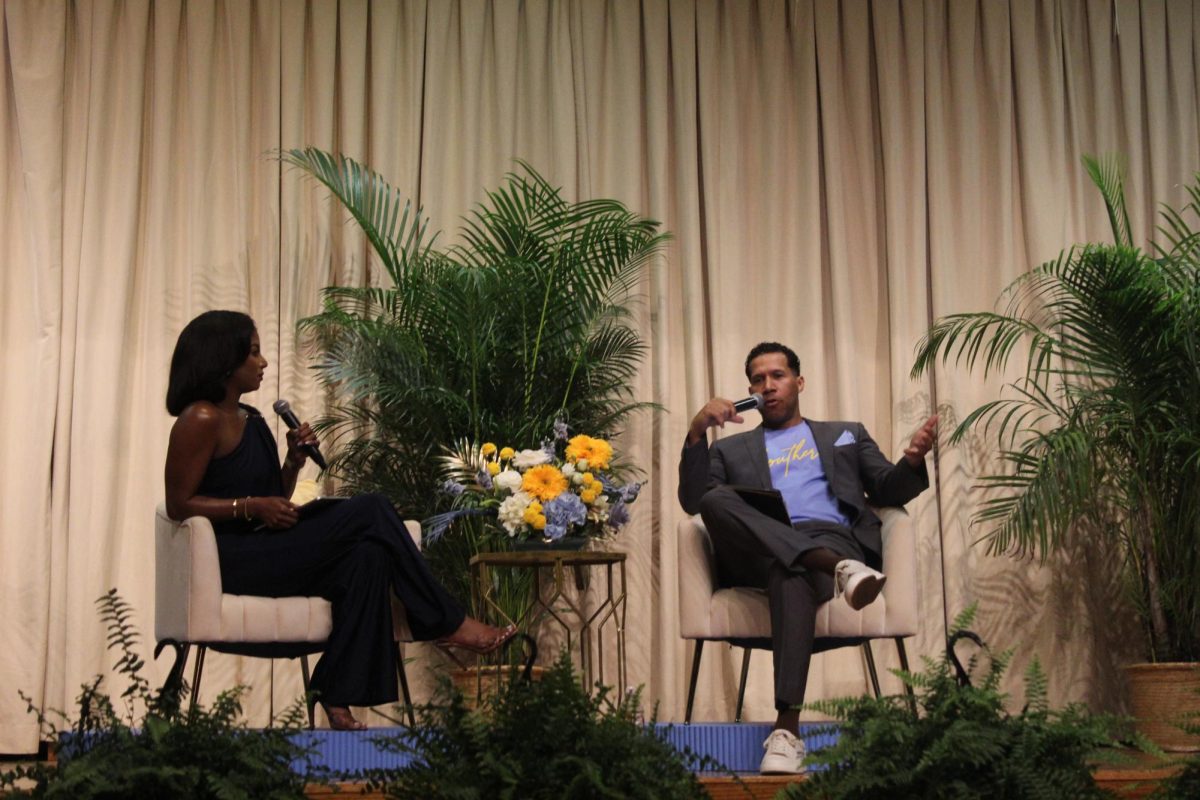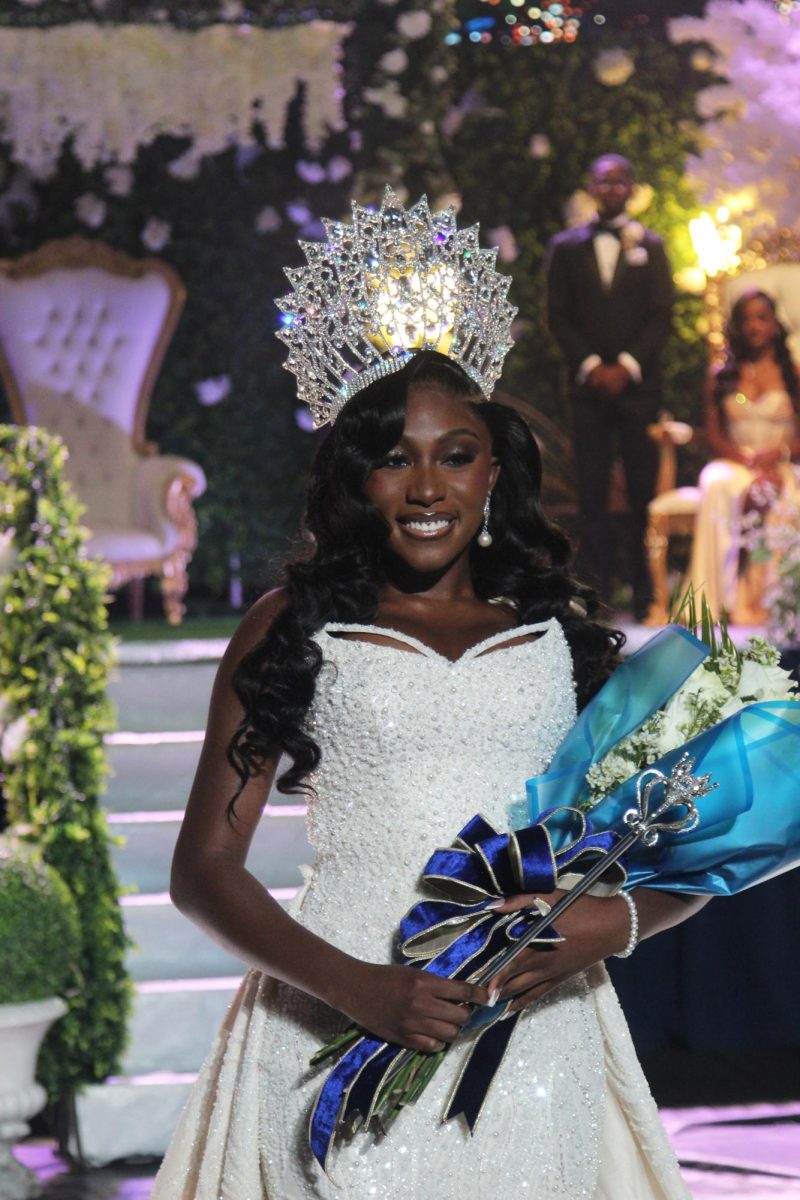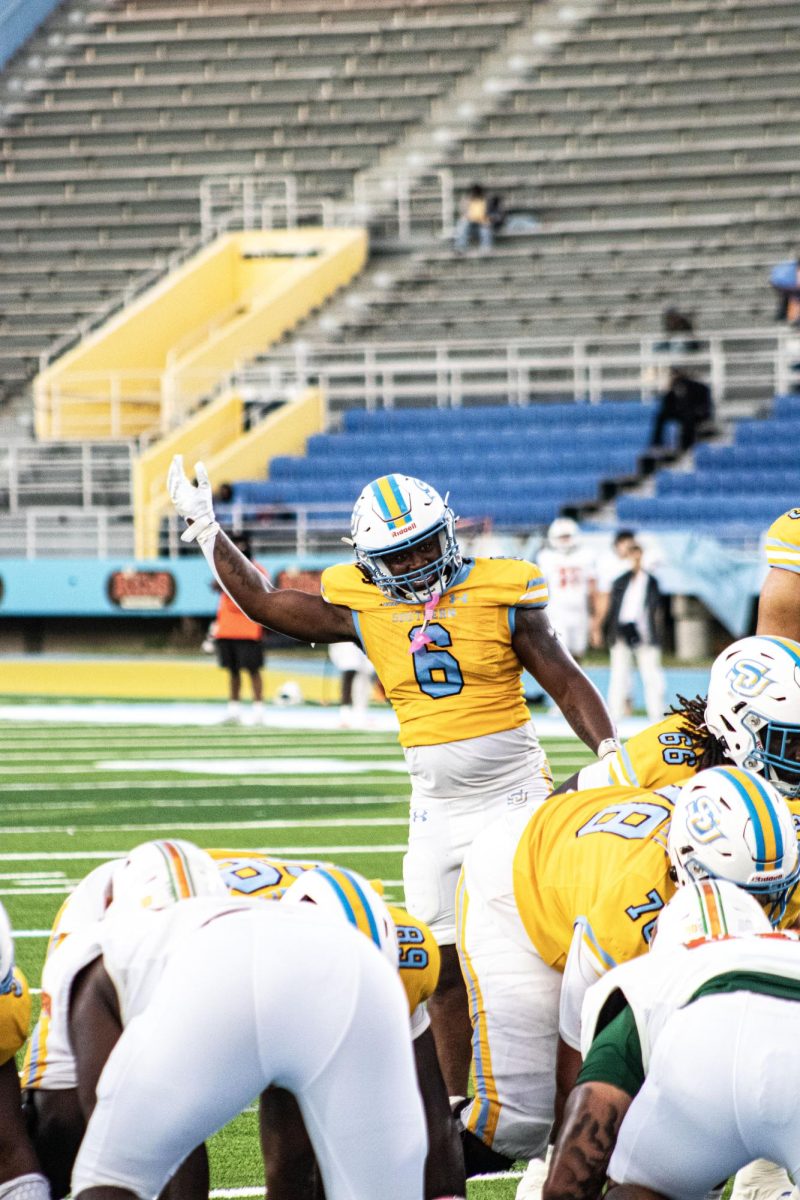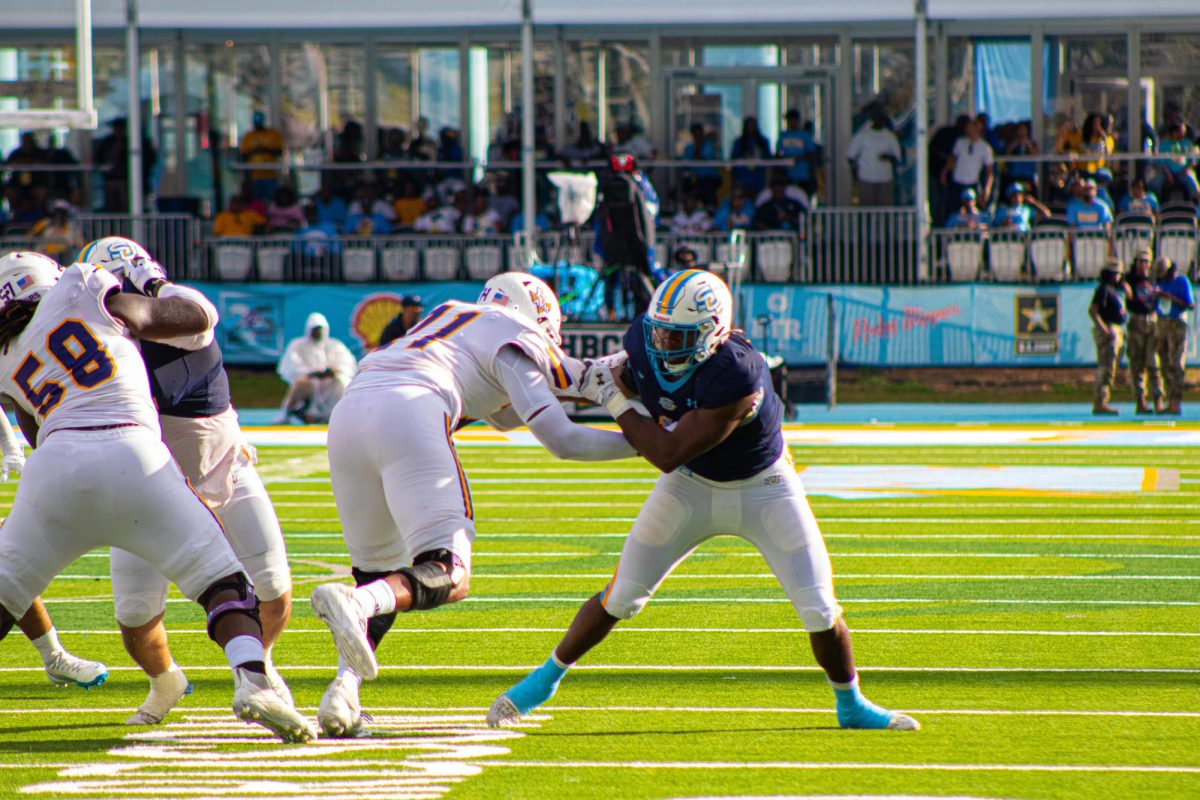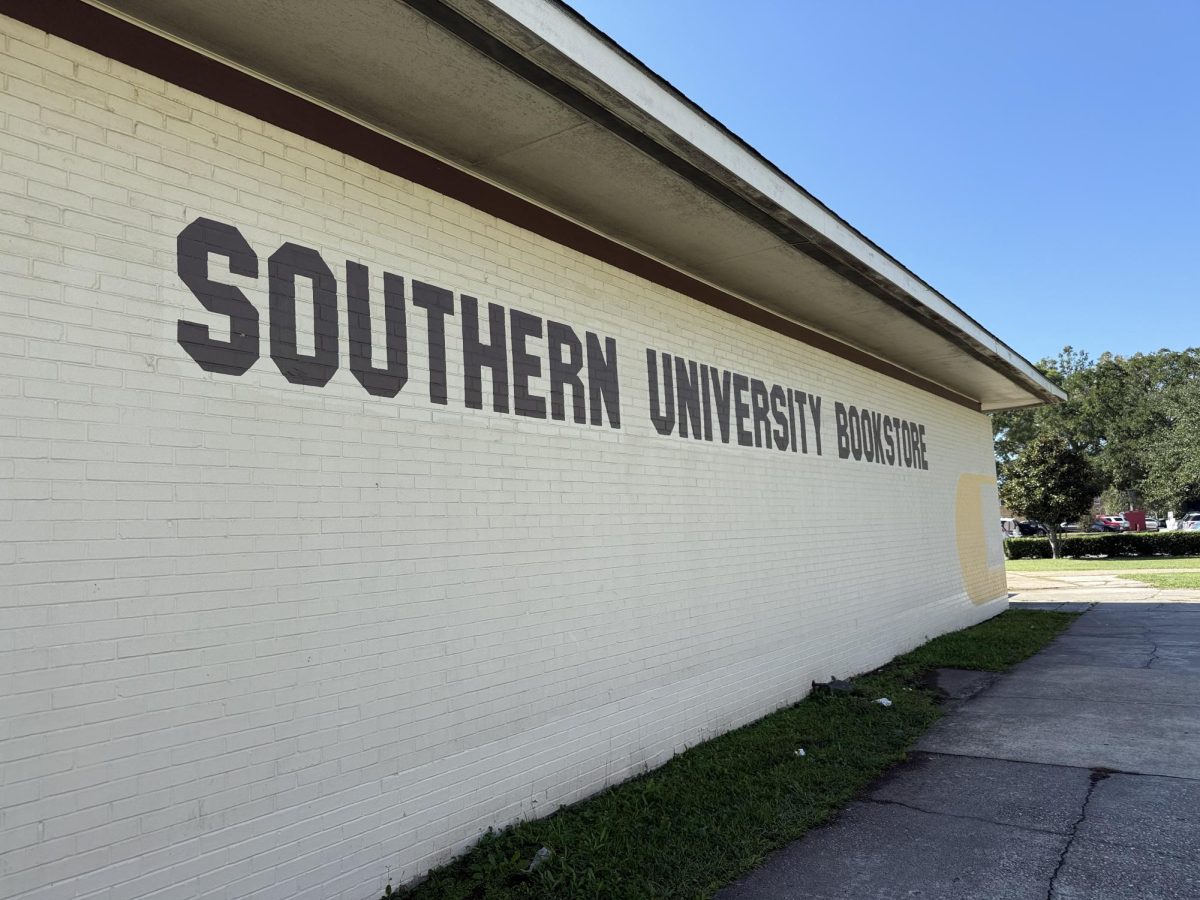What constitutes a solid superhero movie? What should it entail? Who can be a superhero? The answer: Black Panther.
In the last decade alone, the idealistic portrayal of superheroes has been the longstanding sight of your typical, everyday, caucasian male: Batman, Iron Man, Thor, Spiderman and even Captain America, and they’ve all become the literal representation of national courage, hope, and heroism.
African American superheroes have never been afforded the same glorification, or existence for that matter. Near the end of black cinema’s peak, Wesley Snipes’ Blade trilogy danced with the ideas of black heroism, but that character’s legend has since become a memory. Which then poses the question, was black heroism ever meant to endure mainstream America? Is the recurring image of black valor too much of a deterrent to the image Hollywood needs to sustain?
Critics are in favor of the direction the film took.
“Whether or not this is the best film Marvel Studios has made to date-and it is clearly in the discussion-it is by far the most thought-provoking,” says Christopher Orr of The Atlantic.
Imaginably, what emerges in the opening scenes of Black Panther sets the stage for no predestined, idealistic superhero narrative. Writer-director Ryan Coogler stays close to home, dropping us in Oakland, California for no occasion other than, you guessed it, — death.
The continuing storyline picks up where Captain America: Civil War leaves off, with T’Challa, played by Chadwick Boseman, claiming the throne of Wakanda after the death of his father. For decades, Wakanda has thrived, believing that if the world discovered its technological advantages and true power, the country would then be put at risk.
Among the main cast, the belief is that the country must continue as it has for centuries, solely nurturing its own people. Some, like W’Kabi (Daniel Kaluuya) and Nakia (Lupita Nyong’o), confidants to T’Challa, believe that Wakanda must use its power to act as an interventionist for the rest of the world, and with the encouragement of Killmonger (Michael B. Jordan), they attempt just that. Nakia especially believes it is the country’s duty to aid the less fortunate, so she acts as an undercover vigilante, saving as many people as she can. Together, they overcome the obstacles thrown at them and eventually, the people of Wakanda come to a consensus that the rest of the world does in fact deserve their aid and power.
Now, is all of this screaming superhero? Not quite, but the 31-year-old writer-director has seemingly redefined the characteristics of the typical superhero epic, and instead highlighted the fact that black stories do matter, and that they do in fact hold a relevant place in society no matter what connotation they take on. He proved this incontestably with Fruitvale Station and again with Creed, both ironically starring Michael B. Jordan.
Taking a whopping $200 million to make, Black Panther did not fail to satisfy viewers.
Following the theater premiere Thursday evening, the Southern University Alumni Federation hosted a “Jaguar Screening” for the film Friday afternoon at Movie Tavern.
“I saw it twice. Two nights back to back. Same theater, same seat, same popcorn combo and everything. It was that good,” exclaimed senior Music Performance major, Major Goldman of Beaumont. TX.
Categories:
Black Panther: A Review
February 20, 2018
Black Panther: A Review
0
More to Discover
